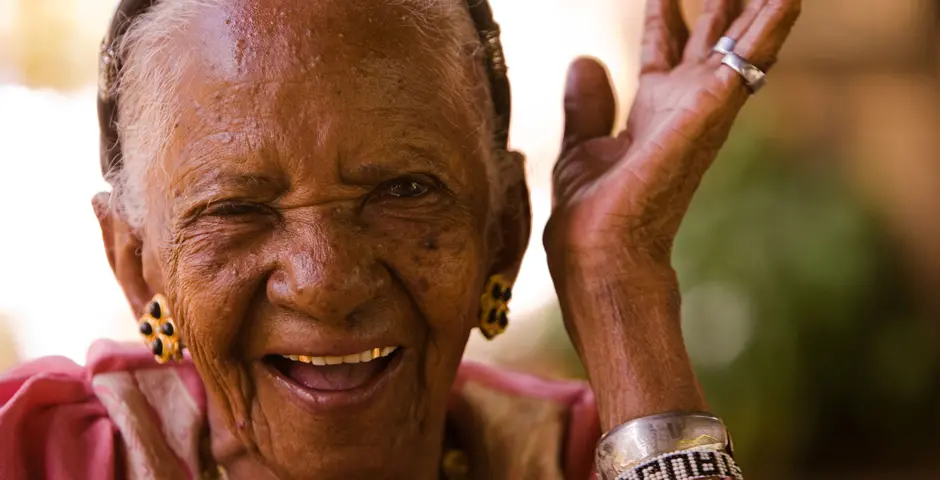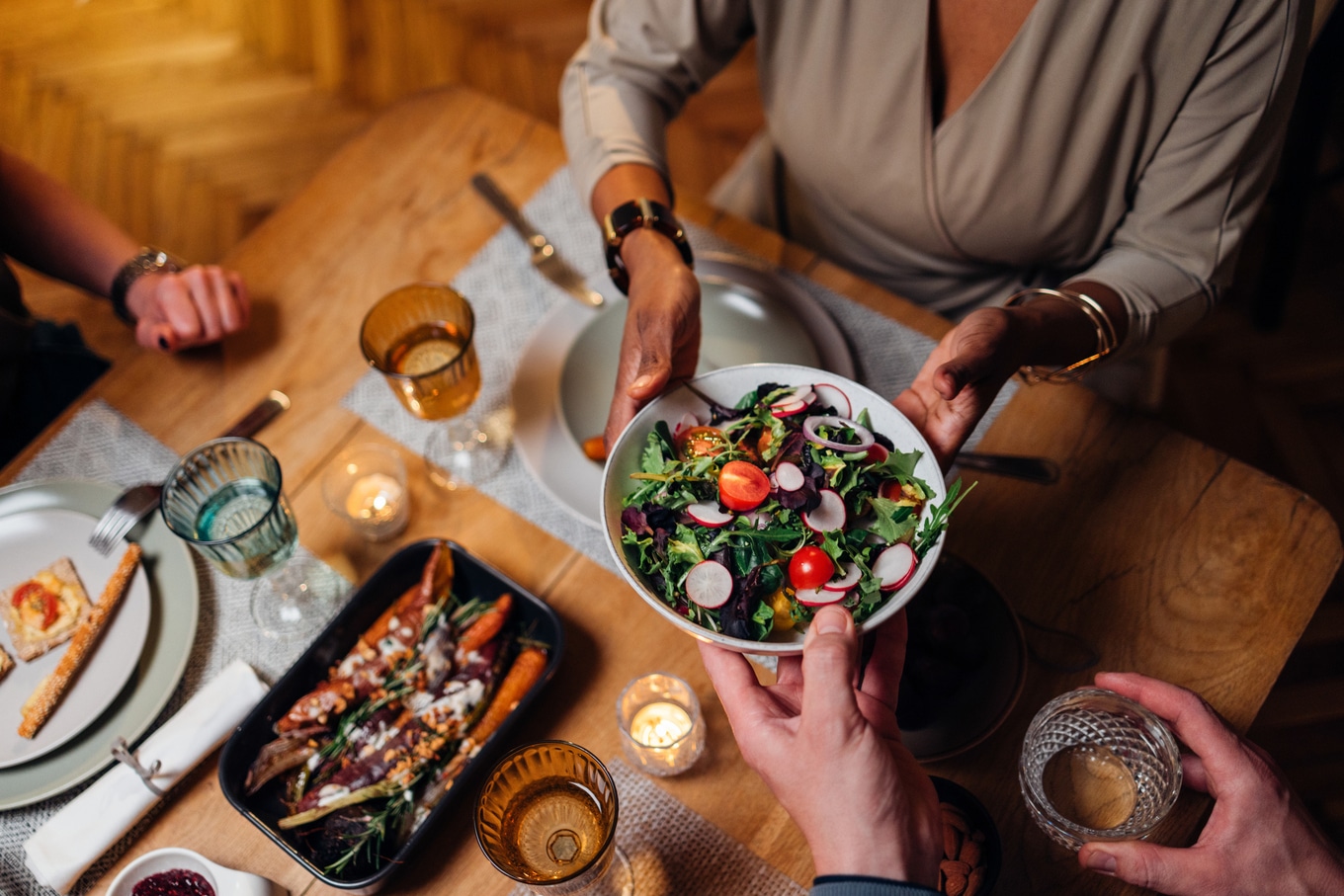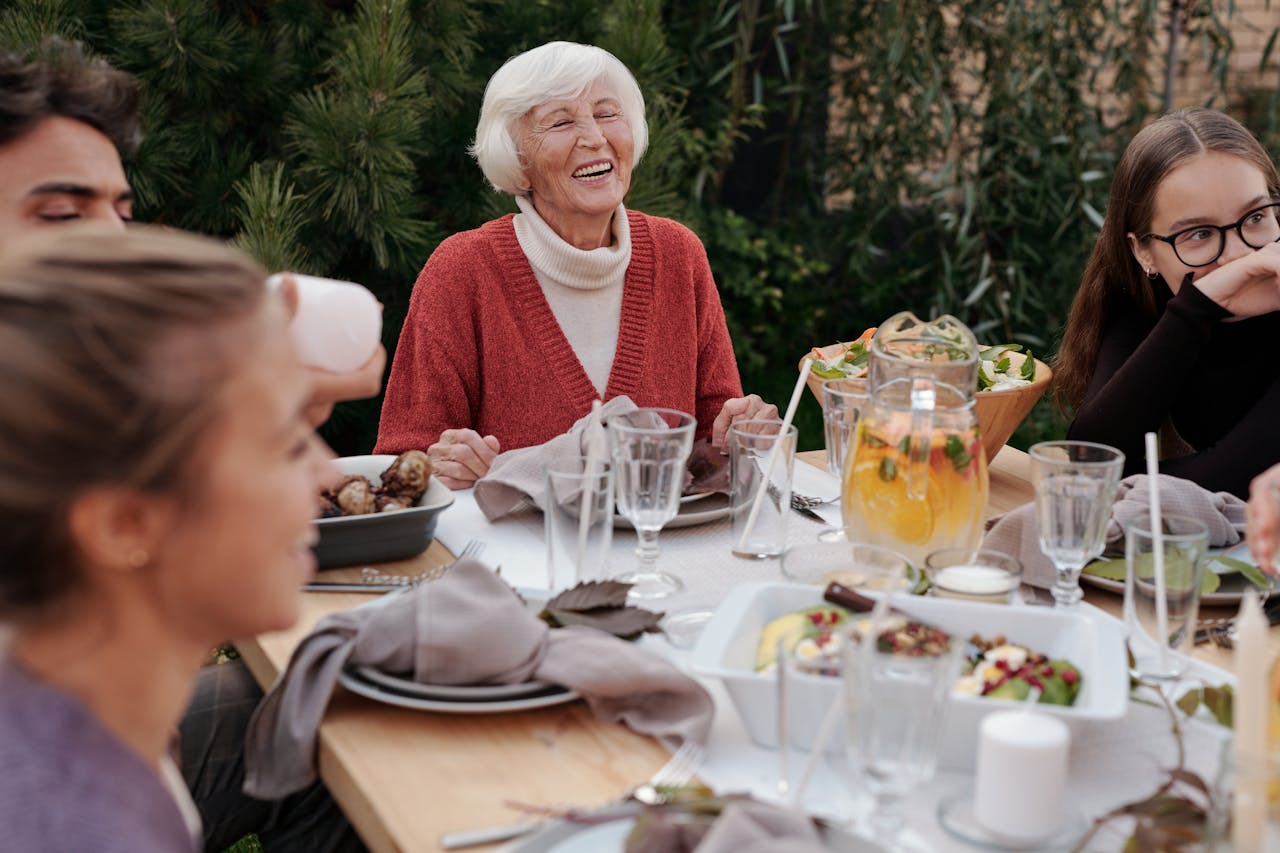In the US and the UK, Christmas dinner is usually a meaty feast. There’s roast turkey or ham or beef Wellington, for example, which is usually consumed alongside copious amounts of bacon-wrapped pigs in blankets, pork stuffing, and gravy.
However, research suggests that more people might be moving away from the emphasis on meat this year, as meat-free, plant-centered diets, like those seen in the Blue Zones, become more popular. But what do people in the Blue Zones actually eat during the holidays?
What do people in the Blue Zones eat during the holidays?
The Blue Zones are five regions where people seem to live longer, healthier lives than the rest of the world. They are Okinawa, Japan; Sardinia, Italy; Nicoya, Costa Rica; Ikaria, Greece; and Loma Linda, CA in the US.
 Blue Zones
Blue Zones
In these longevity hotspots, rates of diseases, like type 2 diabetes and cancer, are much lower. Experts speculate there are a few reasons for this—people in the Blue Zones tend to exercise regularly, for example, as part of their natural daily routine. They also have a strong sense of purpose, community, and connection, and their rates of stress are low.
Plus, they all seem to follow a similar approach to diet: meat intake is low, while plant-based, whole foods take up the majority of the plate.
While some people in the Blue Zones do eat meat during celebrations like Christmas and the holidays, it’s likely that plenty of plant-based foods are served up, too, just like they are the rest of the year.
 Getty
Getty
According to Tina Shiver, RD, in Sardinia, for example, fresh pasta stuffed with potatoes, mint, and cheese is a common Christmas dish, while tamales are often eaten during the holidays in Costa Rica. Tamales do often contain meat, but they’re easy to make vegan, as this tasty recipe for wild greens and black bean vegan tamales demonstrates. Black beans, in particular, are a staple in the Blue Zone of Nicoya.
That said, some people in the Blue Zones do feast on meat during the holidays. In Greece, for example, it’s tradition for one family to share an entire pig. However, after the pig has been eaten, most will return to a predominantly plant-based diet. “People in four of the five blue zones consume meat, but they do so sparingly, using it as a celebratory food, a small side, or a way to flavor dishes,” confirms the official Blue Zones organization.
Do people in the Blue Zones actually live longer?
Some have questioned the validity of the Blue Zone research, noting that the data it’s based on is flawed (some “centenarians” in Nicoya, for example, were found to have misreported their ages, while others in Sardinia were found to actually be dead, but the data hadn’t been updated).

However, there is concrete evidence to back up the claim that the Blue Zone diet, which is a similar approach to the Mediterranean way of eating, has multiple health benefits. This is largely due to its emphasis on antioxidant-rich, nutrient-dense plant foods, which have been shown to reduce the risk of multiple diseases—not just heart disease, type 2 diabetes, and cancer, but also dementia and even depression, too.
Earlier this year, with the help of more than 40 dietitians, The US News & World Report crowned the Mediterranean way of eating as the number one diet for health for the seventh year in a row.
“The Mediterranean diet focuses on diet quality rather than a single nutrient or food group,” noted the publication. “Numerous studies have shown that it reduces the risk of chronic health conditions, including heart disease and type 2 diabetes while promoting longevity and improving quality of life.”
 Getty
Getty
BECOME A VEGNEWS VIP: Get exclusive product deals, freebies, and perks galore!
Outside of the Blue Zones, research suggests more people are starting to pay attention to their meat intake. This is particularly apparent in the UK, where diets have long been meat-heavy, but attitudes seem to be changing. Last year, for example, data revealed that people in the UK had eaten less meat in 2022 since records began in the 1970s. In 2023, another survey by the Social Market Foundation suggested that nearly 60 percent of Brits were making some effort to reduce their meat intake for their health, animal welfare, and the planet. “Our research shows that far from being a fringe concern, efforts to eat less meat are entirely normalized and mainstream within British society,” said Social Market Foundation’s interim director at the time, Aveek Bhattacharya.
Many Brits appear to apply their diet changes throughout the holidays, too. In one recent survey by Global Knives, one in four Brits said they were planning to choose an alternative to turkey this Christmas. This is in addition to another survey from UK supermarket Tesco, which suggested that nearly 30 percent of its shoppers are considering serving up a plant-based main on Christmas Day.
For more plant-based stories like this, read:
JUMP TO ... Latest News | Recipes | Guides | Health | Subscribe









